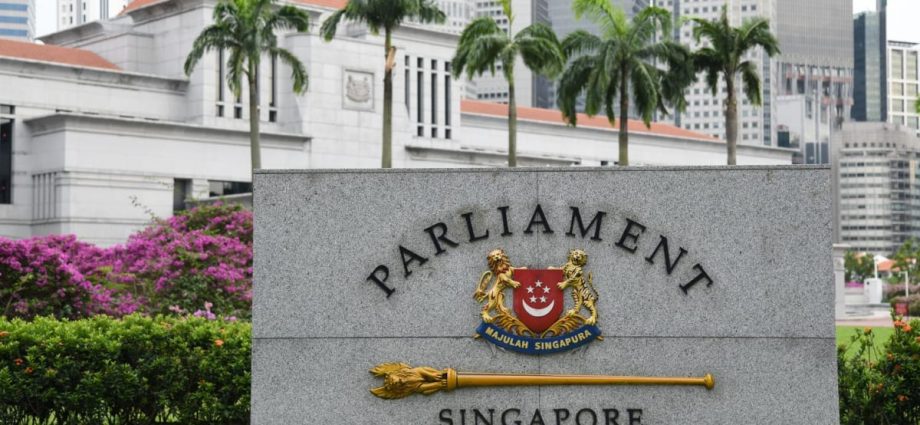
SINGAPORE: Since 2018, 20 places of worship have taken up short-term tenancies or temporary occupation licences instead of renewing their 30-year leases, while awaiting the Government’s review of its policy on land allocation and pricing for religious organisations.
The Government had advised places of worship to take up the short-term option in order to benefit from the outcome of the review, said Law and Home Affairs Minister K Shanmugam on Tuesday (Oct 4).
Six places of worship still decided to proceed with a 30-year lease renewal at current market prices, the minister said in a written response to a parliamentary question by Member of Parliament Sylvia Lim (WP-Aljunied).
In recent years, land prices for places of worship have risen because of competitive bidding by religious organisations, said Mr Shanmugam.
“The Government has been in discussions with various religious organisations, to consider how best to assist them, in mitigating the price rises, which come from such bidding.
“And at the same time, the Government has been doing a review of our place of worship land allocation and pricing framework, to see how the price rises can be mitigated.”
He added that the Government has made significant progress on the review, and expects to announce more details “soon”.
State land parcels are generally sold through a competitive tender process where the highest acceptable bid becomes the land price for the specific site.
This approach does not apply to land for mosques, which is directly alienated to the Islamic Religious Council of Singapore (MUIS) at market price as determined by the chief valuer. MUIS centrally coordinates mosque development.
“This would generally result in mosque land being less expensive, because there is no bidding,” said Mr Shanmugam.
For lease renewals of places of worship, the premium is also at current market price as determined by the chief valuer, who considers relevant transactions of religious land and adjusts for site attributes like location and land area.
The minister added that the Government “cannot unilaterally adjust the price of land that is sold for places of worship use”, as it is required to sell land at fair market value under the reserves protection framework.
“Any change will require a change to the reserves protection framework and also the approval of the President,” he said.
Proceeds from the sale of state land go to past reserves because state land is part of the past reserves. Land sale proceeds cannot be used by the Government for spending in the Budget.

